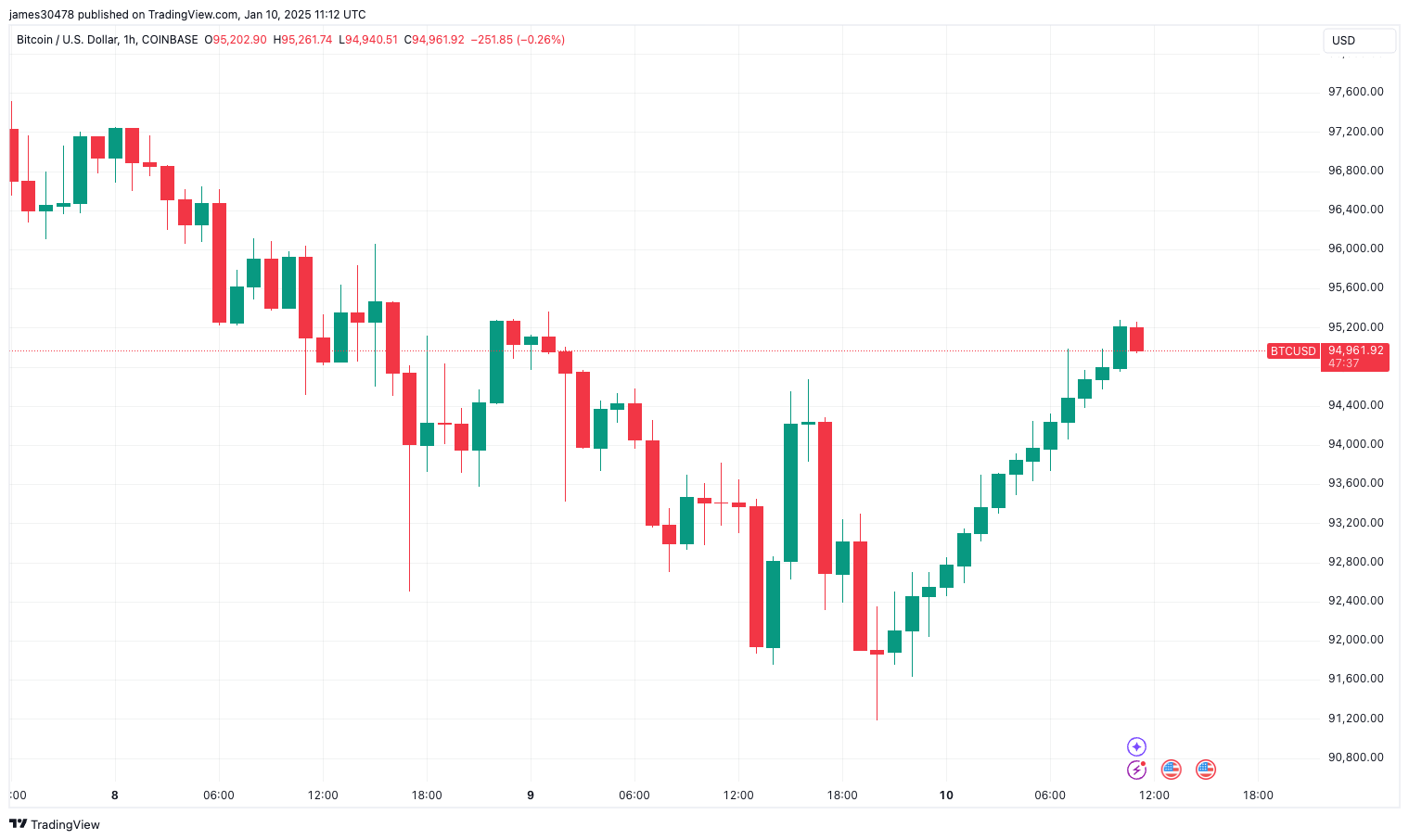ARTICLE AD
The lawsuit from Consensys is demanding that SEC affirm that ether is not a security.
Consensys, the crypto firm backing projects critical to the Ethereum ecosystem, has filed a lawsuit against the SEC, alleging the federal agency of regulatory overreach.
The filing was submitted in a Texas federal court. According to an initial report from Fortune Crypto, the complaint aims to preempt an impending SEC lawsuit against Consensys involving MetaMask, a major crypto and Web3 wallet that the firm has incubated and supported for years. The filing also seeks a court ruling that would declare that Ethereum’s native token, Ether (ETH), is not a security.
Consensys’ 34-page legal filing argues that the SEC’s efforts to assert jurisdiction over Ethereum are both illegal and a threat to the broader blockchain technology landscape. The complaint states:
“The SEC’s unlawful seizure of authority over ETH would spell disaster for the Ethereum network, and for Consensys. Every holder of ETH, including Consensys, would fear violating the securities laws if he or she were to transfer ETH on the network. [This] would bring use of the Ethereum blockchain in the United States to a halt, crippling one of the internet’s greatest innovations,” the filing stated.
The lawsuit comes as SEC Chairman Gary Gensler has continued with an aggressive enforcement campaign against leading firms in the crypto sector such as Uniswap Labs. The actions involved a wave of subpoena seeking documents related to their interactions with the non-profit Ethereum Foundation. This approach has drawn criticism from many in the crypto industry, who argue that the SEC has failed to provide clear regulations or create a regulatory framework that acknowledges the unique characteristics of blockchain tech.
Ethereum’s legal status and classification as a security has been a matter of contention between regulators and the crypto industry. The SEC’s previous stance was that the Ethereum blockchain’s tokens, like Bitcoin, are not securities and as such are outside its purview. This stance has not received any further clarification from the federal agency. Fortune’s coverage of the matter cited how Gensler is now moving to use Ethereum staking as a precedent to pursue the legal campaign against crypto.
“The act of staking is really just posting a security bond so you can get paid to contribute labour and resources to help operate the Ethereum protocol. Now they’re trying to turn that into some sort of investment contract,” Consensys founder Joe Lubin said.
According to the Consensys complaint, the SEC issued a Wells Notice earlier this month, indicating its intent to sue the company and alleging that MetaMask was operating as an unlicensed broker-dealer. The SEC’s objection appears to stem from MetaMask offering users a means to stake Ethereum on their behalf, a relatively new process introduced in September 2022.
The information on or accessed through this website is obtained from independent sources we believe to be accurate and reliable, but Decentral Media, Inc. makes no representation or warranty as to the timeliness, completeness, or accuracy of any information on or accessed through this website. Decentral Media, Inc. is not an investment advisor. We do not give personalized investment advice or other financial advice. The information on this website is subject to change without notice. Some or all of the information on this website may become outdated, or it may be or become incomplete or inaccurate. We may, but are not obligated to, update any outdated, incomplete, or inaccurate information.
Crypto Briefing may augment articles with AI-generated content created by Crypto Briefing’s own proprietary AI platform. We use AI as a tool to deliver fast, valuable and actionable information without losing the insight - and oversight - of experienced crypto natives. All AI augmented content is carefully reviewed, including for factural accuracy, by our editors and writers, and always draws from multiple primary and secondary sources when available to create our stories and articles.
You should never make an investment decision on an ICO, IEO, or other investment based on the information on this website, and you should never interpret or otherwise rely on any of the information on this website as investment advice. We strongly recommend that you consult a licensed investment advisor or other qualified financial professional if you are seeking investment advice on an ICO, IEO, or other investment. We do not accept compensation in any form for analyzing or reporting on any ICO, IEO, cryptocurrency, currency, tokenized sales, securities, or commodities.

 8 months ago
41
8 months ago
41 

